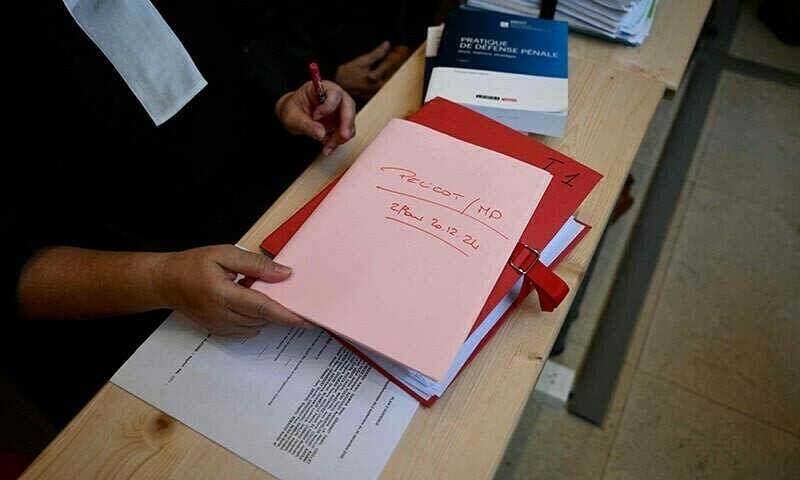MatX, a startup designing chips that support large language models, has raised a Series A of approximately $80 million, three sources say, less than a year after raising its $25 million seed round.
Spark Capital led the investment, valuing the company at a pre-money valuation in the mid-$200 million range and a post-money valuation of the low $300 million range, a person who reviewed the deal told TechCrunch.
MatX was co-founded two years ago by Mike Gunter, who previously worked at Google on the design of Tensor Process Units (TPUs), the tech giant’s AI chips, and Reiner Pope, who also came from Google’s TPU team, where he wrote AI software.
Gunter and Pope hope to help ease the shortage of chips designed to handle AI workloads. They say the sweet spot for their chips are AI workloads of “at least” 7 billion, and “ideally” 20 billion or more activated parameters. And they boast that their chips deliver high performance at more affordable prices, according to MatX’s website. The startup says its chips are particularly good at scaling to large clusters because of MatX’s advanced interconnect, aka the communication pathways that AI chips use to transfer information.
The pair told Bloomberg that the company’s goal is to make its processors ten times better at training LLMs and delivering results than NVIDIA’s GPUs. The Information reported last month that MatX was looking to raise between $75 million and $100 million for the round.
The startup’s seed round was announced last December led by high-profile AI angel investors Nat Friedman, former CEO of GitHub; and Daniel Gross, who previously ran search and AI at Apple after Apple bought his startup, Cue, in 2013. Friedman and Gross frequently angel invest together. Now, Gross has cofounded a new AI company, Safe Superintelligence, with former OpenAI chief scientist Ilya Sustkever.
Companies designing chips have seen an increased interest from investors amid the AI boom and stratospheric demand for NVIDIA’s processors. Groq, a chip startup that was founded by a former TPU engineer Jonathan Ross, saw its valuation nearly triple to $2.8 billion in August up from its previous valuation of $1 billion set in April.
MatX and Spark didn’t respond to a request for comment.





Leave a Reply